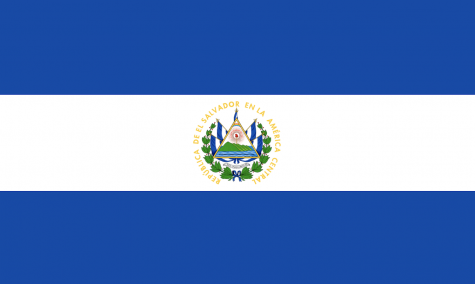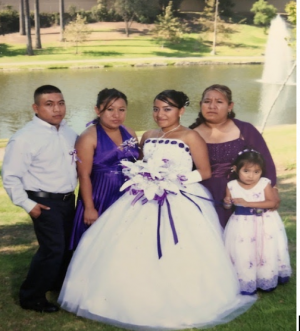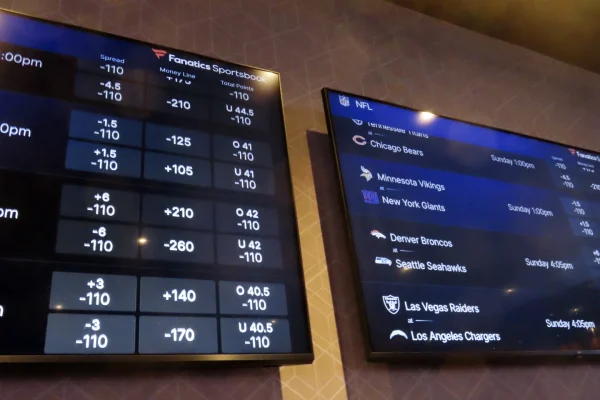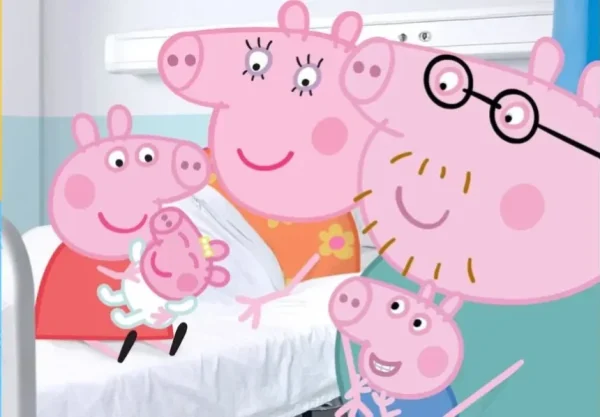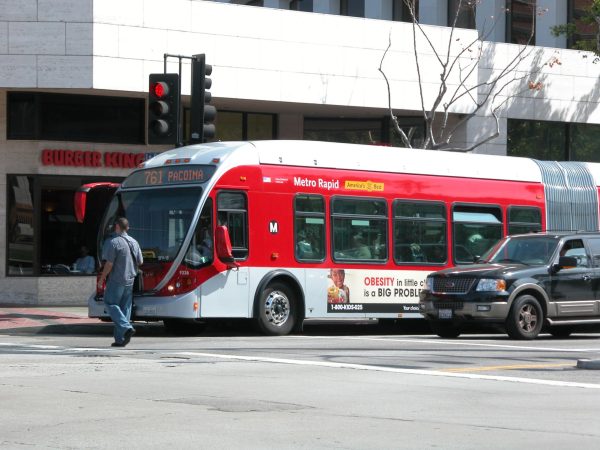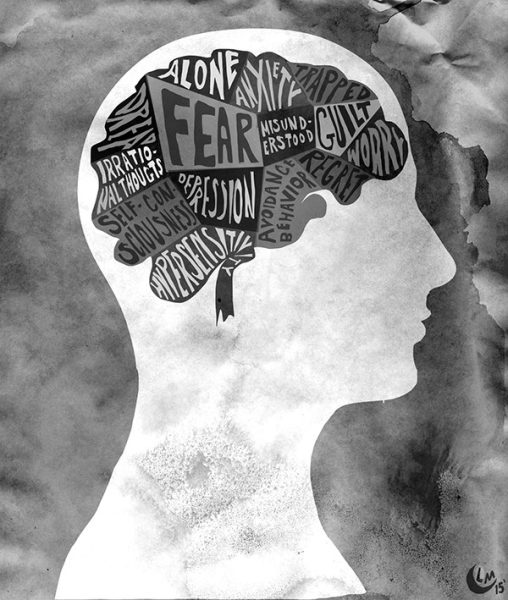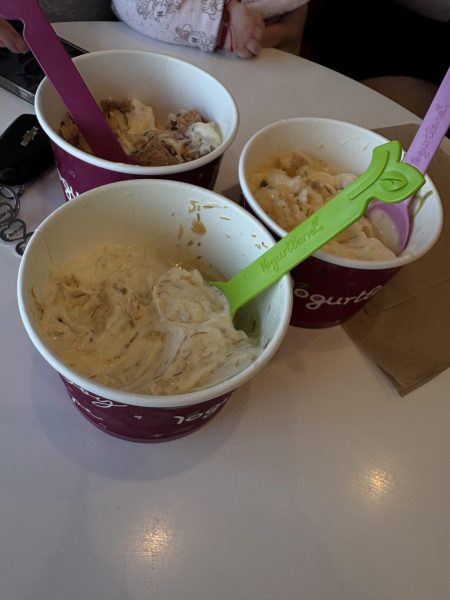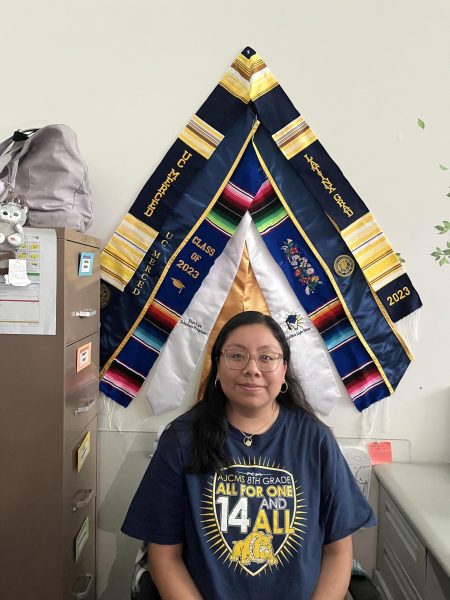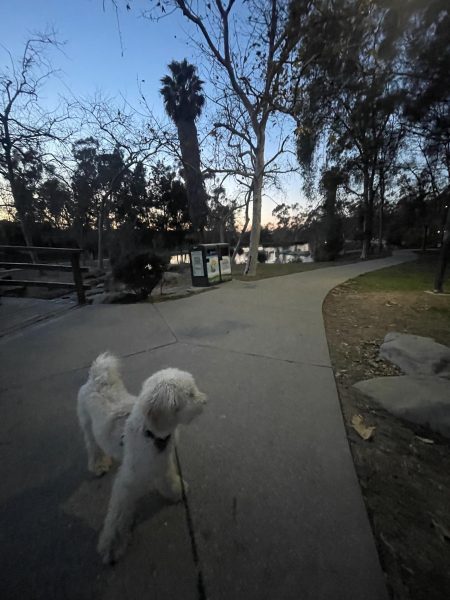Stories of violence in El Salvador
There are approximately 1.35 million Salvadorans of any status living in the United States, but why are there so many here in the U.S? The truth is El Salvador is a dangerous place, and many of those living there are fleeing for safety. Jackelline Morales Rubio De San Miguel, who came here at the young age of 16 and has been in the U.S. for 15 years, speaks about stories as a kid and tragedies living in El Salvador. Marina Rivera De Carmen Castillo came from Sultan, a village in El Salvador that has a lot of violence and gang related crimes which she was a victim of.
Marina Rivera was 15 when she first met her husband. He was a Christian at the time when he met her. But then he got into a gang, MS-13. He would fight a lot, but Marina still loved him anyway. She would buy him things that would cause lot of problems, for example, guns. They would both argue often because he would tell her to fight with him. Marina went through a lot when she was with him. Although he did all these bad things, she forgives him.
Ashley Rivera, Marina’s daughter, said, “My mom once told me my father would hit her. She got pregnant around 15 with my older brother, and my father would still hit her.”
“My dad would protect her but she didn’t want to be with him no more. My father’s cousins would fight her but she would defend herself.”
Marina Rivera said, “One day I found an axe and I went to look for him so I could kill him, but he caught me and took the axe from me and hit me.”
Marina wanted the best for her son, and didn’t want him to experience the things she went through, so she sent her son to the U.S.
“Once my brother was born, it got a lot worse. My mom didn’t want my brother to experience bad things, so she sent my brother [to live] with my grandma to the USA,” Ashley said.
Jackelline Morales Rubio De San Miguel was eight when she attended the first ever fair at San Miguel and had to leave because someone had purposely thrown a rock at her eye. Little did she know that it was her brothers and uncles who were part of a gang, Mara-Salvatrucha that had made a plan to make her leave before La Sombra Negra would soon come to meet for a war.
Jackelline said, “When I was at home rubbing ice around my eye later that night at the table, news had gotten out that at least seven people had been killed and as I’m eating with my family I look up to meet the eyes of my brothers and I without a word realize that they had hurt me to protect me. . . Ever since, if my brothers said I could not go to a certain place, I would not go. At times they would purposely talk about what would happen and where in front of me to let me know.”
El Salvador is a place where even at a fair where people would be enjoying their time it can become a war zone. Any place can become a war zone. She also talks about what little she remembers during the Salvadoran civil war. “Many times we couldn’t go to school, most of the time we couldn’t even go out so we ran out of food; imagine how my mother felt when she had to make the choice between which of her kids she had to send to go get food, “ Jackelline said. These were obviously hard times for Jackillene and her family.
Her grandfather was a general for the government in the war. “Many of my uncles would run to come here because my grandfather wanted to force them to join El Salvador’s army. Many of my uncles were in Mara-Salvatrucha so to fight for the government instead of their people was no choice. Mara would take that as betrayal and they would hurt him or they would hurt us… the family.”
In a story in The Guardian, a young man who talks about his experience as being part of a gang in El Salvador: ”Most men get into gangs because they have no other choice. The government doesn’t help their people so we must help ourselves. We are not dangerous because we want to be, we’re dangerous because no one will help us so we must help ourselves.”
